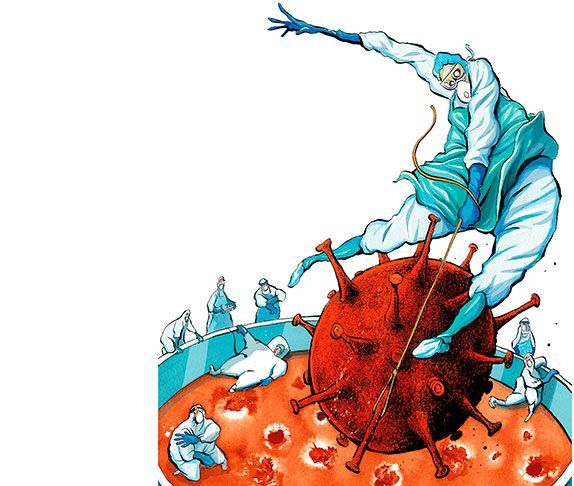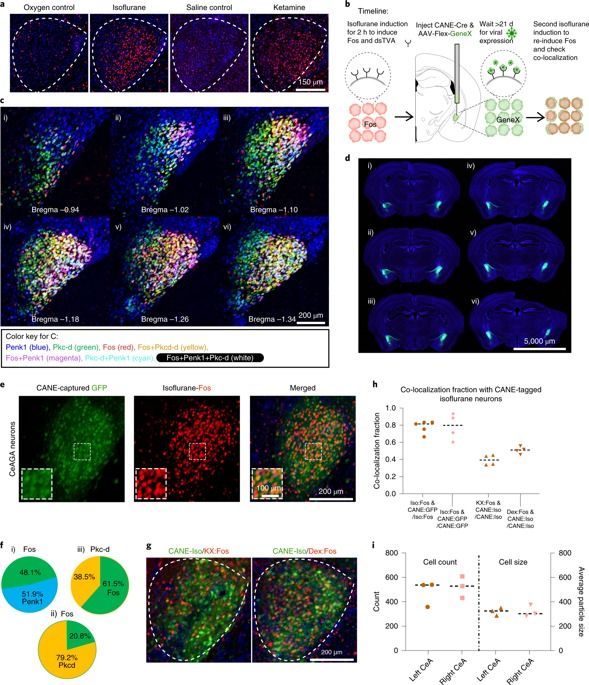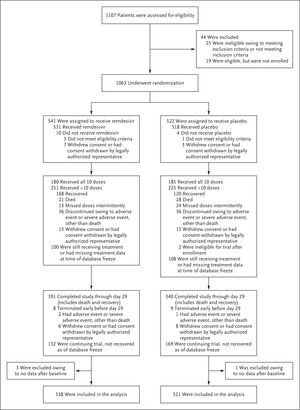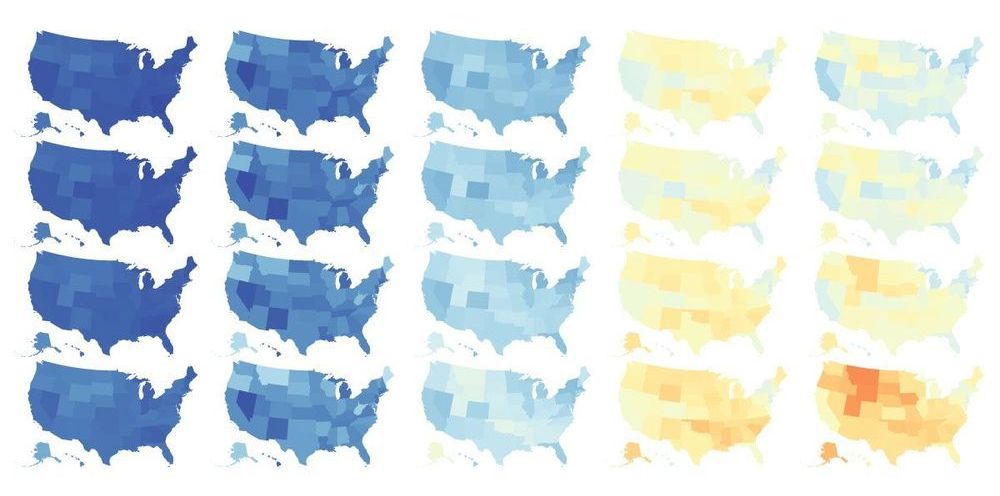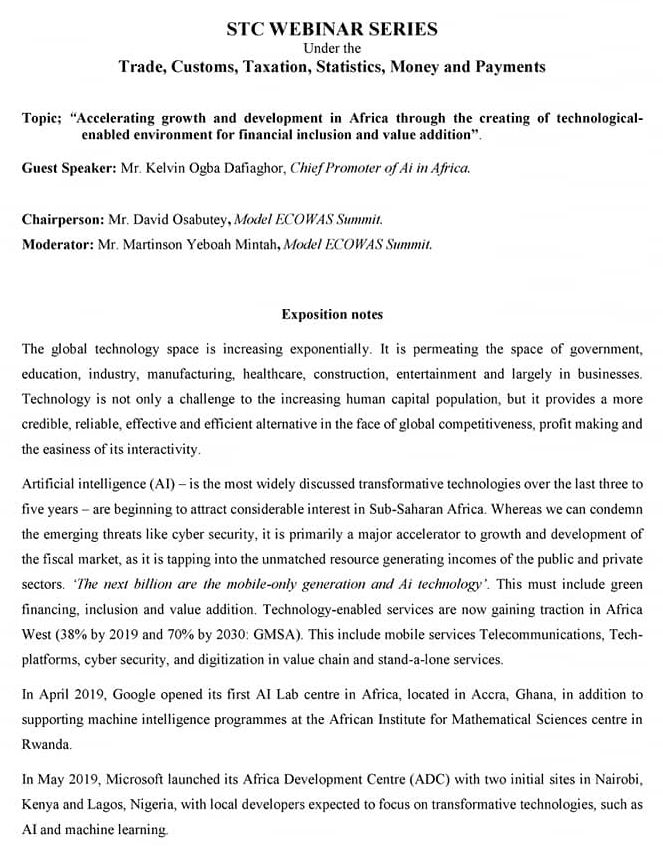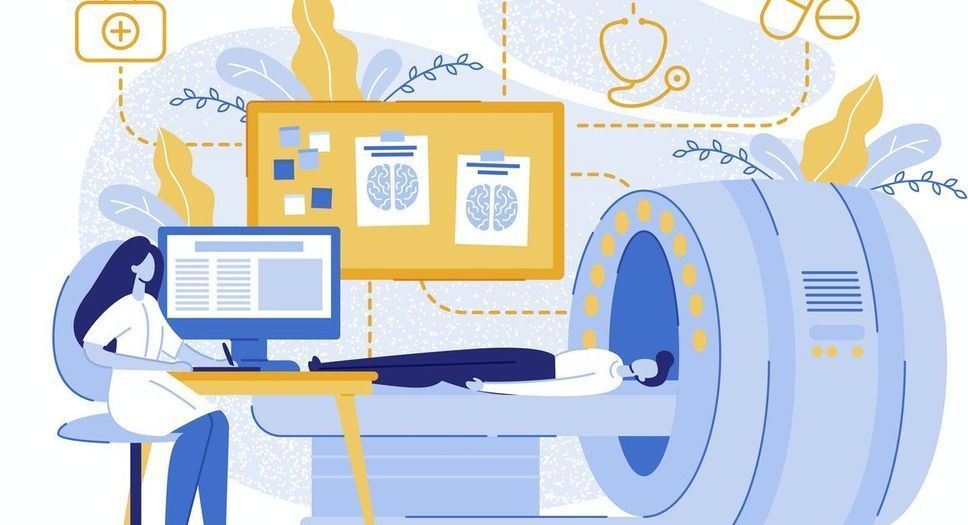The director of our institute, Sir Paul Nurse, borrowed another wartime analogy when he imagined academic labs as a flotilla of ‘little ships’, as at Dunkirk, that could be set up quickly to help rescue a rather desperate situation. The protocols we’ve developed have been downloaded more than 5,000 times, and we’ve helped other testing laboratories (including the big ones that are now coming online) with re-agents and scientific advice. We’ve been able to get recovering doctors and nurses back to work quicker, and crucially we’ve been able to identify healthcare workers who may have been spreading the virus unwittingly to the most vulnerable.
The team at the Crick is extremely multi-national. Wartime analogies are not helpful when they promote national exceptionalism, still less when they imply an individual battle between patient and virus. They are helpful when it comes to getting people to think clearly and act swiftly. The frustration when we’ve run up against what might be politely described as ‘NHS bureaucracy’ has been intense. When we’ve dealt with local NHS partners who are determined and dynamic, we’ve been able to save lives. In this sense there really is a war on, and for once I’m happy to see politicians treat it in this way.
We will win this war through immunity. Understanding immunity to respiratory viruses is really difficult — more like decoding Enigma than developing radar. We will need new technology as well as optimising existing tests. So far, the best tests can give a reasonable estimate of whether someone has been exposed to the virus. They cannot yet tell you if you are immune to it. The trouble with coronaviruses is that they have evolved to evade immunity. They possess all sorts of unknown weaponry that dampens down our immune responses.
